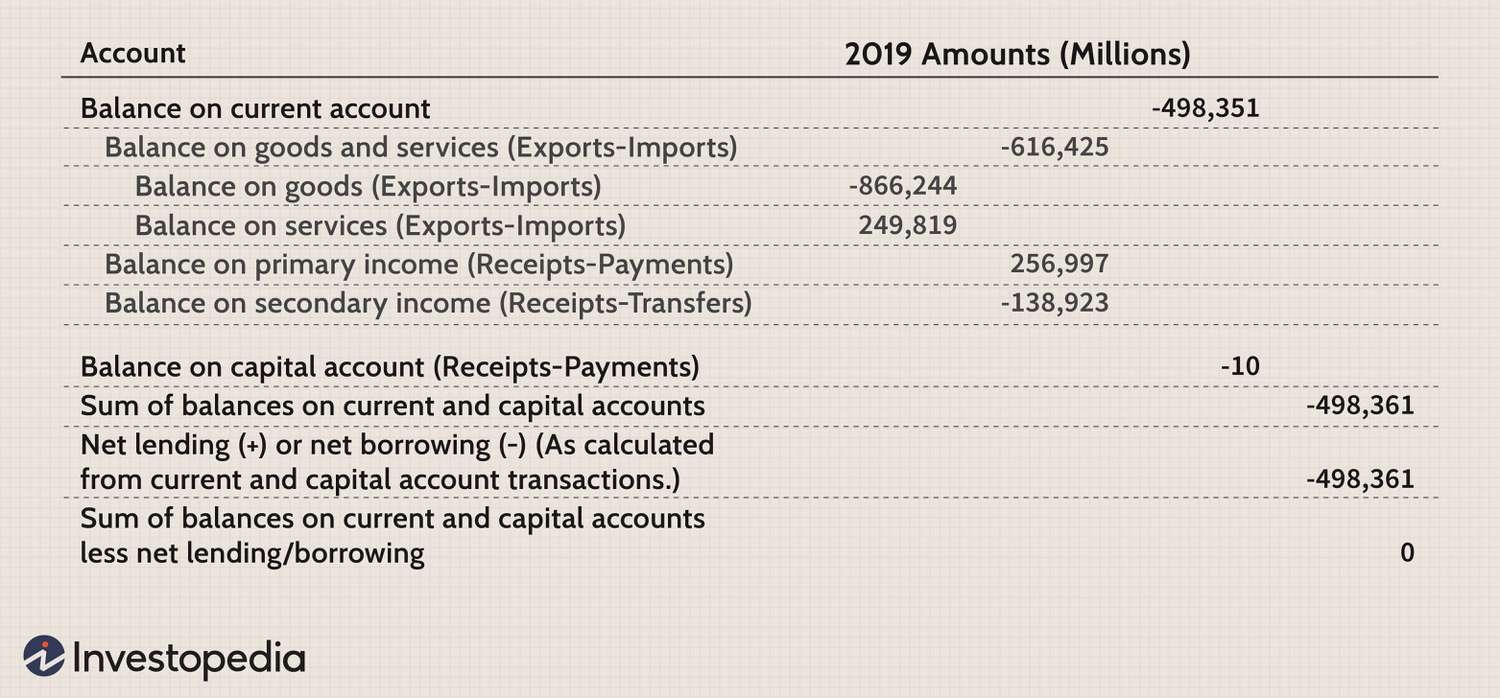If you’re wondering how to financially plan for your child’s wedding, you’ve come to the right place. Planning for such a special event can be both exciting and daunting, but with the right approach, you can ensure a beautiful celebration without breaking the bank. In this article, we’ll guide you through practical tips and strategies to help you navigate the financial aspects of your child’s wedding. From setting a budget to prioritizing expenses, we’ve got you covered. So let’s dive in and discover how to financially plan for your child’s wedding in a stress-free and efficient way.
How to Financially Plan for Your Child’s Wedding
Organizing a wedding can be a joyful but financially overwhelming experience. As a parent, you want to give your child the wedding of their dreams without breaking the bank. This comprehensive guide will provide you with practical tips and strategies on how to financially plan for your child’s wedding. By following these steps, you can ensure that your child’s special day is memorable and financially manageable.
Establish a Realistic Budget
One of the first and most crucial steps in financially planning for your child’s wedding is to establish a realistic budget. This will set the foundation for all the decisions you make throughout the planning process. Here’s how to go about it:
- Have an open and honest discussion with your child and their partner about their wedding vision. Ask them what aspects of the wedding are most important to them.
- Research the average cost of weddings in your area to get an idea of the potential expenses.
- Consider your own financial situation and determine how much you can contribute towards the wedding.
- Involve all relevant parties, such as the couple’s grandparents or other close family members, to discuss potential contributions.
- Create a detailed budget spreadsheet outlining estimated costs for each wedding element, such as venue, catering, attire, decorations, and photography. Allocate funds based on your priorities, keeping in mind that some areas may require more financial resources than others.
Start Saving Early
Once you have established a budget, it’s important to start saving as early as possible. Weddings can be expensive, and having a financial cushion will help ease the financial burden. Here’s how to maximize your savings:
- Set up a separate savings account specifically for the wedding expenses. This will allow you to track your progress and avoid mixing the funds with your regular savings.
- Automate your savings by setting up regular transfers from your main account to the wedding savings account. Consider it a monthly expense.
- Look for ways to cut back on unnecessary expenses in your daily life. Cancel unused subscriptions, reduce eating out, and find more affordable options for entertainment.
- Consider opening a high-yield savings account or invest your savings in low-risk options to earn some interest on the money you set aside.
Seek Ways to Reduce Costs
Planning a wedding doesn’t have to mean spending a fortune. With a little creativity and resourcefulness, you can find ways to reduce costs without compromising the quality of your child’s special day. Consider the following cost-saving techniques:
Prioritize and Focus on Key Elements
Identify the elements that are most important to your child and allocate a larger portion of the budget to those areas. By prioritizing what truly matters to the couple, you can find more affordable alternatives for other aspects of the wedding.
Flexibility with Wedding Date and Venue
Consider having the wedding during the off-peak season or on a weekday, as venues and vendors tend to offer more affordable rates during these times. Additionally, explore a wide range of venues to find hidden gems that are budget-friendly.
DIY and Enlist Help from Friends and Family
Tap into the talents of your close circle of friends and family. DIY projects can save significant amounts of money. From creating handmade invitations to crafting centerpieces, involving loved ones can add a personal touch while keeping costs down.
Research Multiple Vendors
Don’t settle for the first vendor you come across. Research and compare prices from different vendors to ensure you get the best value for your money. Negotiate prices and ask for discounts whenever possible.
Consider All-Inclusive Packages
Some venues and vendors offer all-inclusive packages that bundle various services at a lower cost. These packages can save you time and money by simplifying the planning process and reducing the need for multiple contracts.
Opt for Digital Invitations and Communication
Save on printing and postage costs by opting for digital invitations and utilizing online platforms for communication with vendors and guests. This not only reduces expenses but also streamlines the planning process.
Communicate and Collaborate
Open and honest communication is key when financially planning for your child’s wedding. It’s essential to have regular discussions with the couple and any other parties involved to ensure everyone is on the same page. Here’s how to effectively collaborate:
- Set clear expectations with your child regarding your financial contribution. Discuss the amount you are comfortable with and explain any limitations you may have.
- Encourage the couple to have open and honest conversations about their own contributions and expectations. This will help them understand the financial scope of their wedding.
- Engage the couple’s partner and their respective families in the planning process to share the financial responsibility. This collaborative effort can help alleviate financial pressure.
- Regularly review and update the budget as new information and expenses arise. This will ensure that everyone is aware of the financial implications of their decisions.
- Encourage the couple to communicate openly with vendors regarding their budget constraints. Honesty can lead to potential discounts or flexible payment plans.
Explore Financing Options
In some cases, financing part of the wedding may be necessary. While it’s generally advisable to avoid going into debt, there are a few viable options to consider if needed:
- Personal Loans: Research and compare personal loan options from various financial institutions. Look for low-interest rates and favorable repayment terms.
- Credit Cards: If you plan to use a credit card for wedding expenses, choose one with a low interest rate or a generous rewards program to maximize benefits.
- Family Assistance: If a family member is willing to provide a loan or gift towards the wedding, establish clear terms and repayment expectations to avoid any misunderstandings.
- Crowdfunding: Consider setting up a crowdfunding campaign on platforms specifically designed for weddings. Explain the couple’s situation and ask for contributions from friends and family.
Remember, exploring financing options should always be a last resort, and it’s crucial to have a plan in place for repayment to avoid unnecessary financial strain.
Planning your child’s wedding is an exciting and memorable experience, but it can also be financially challenging. By establishing a realistic budget, starting to save early, seeking cost-saving measures, communicating effectively, and exploring financing options, you can navigate the financial aspects of wedding planning with confidence. Remember, the most important aspect of any wedding is the love and joy shared by the couple and their loved ones, and that is priceless. Happy planning and congratulations to your child on their upcoming wedding!
Saving for your kid's WEDDING // Investing for your kids
Frequently Asked Questions
Frequently Asked Questions (FAQs)
How can I financially plan for my child’s wedding?
Planning for your child’s wedding requires careful financial management to ensure a memorable celebration without straining your budget. Here are some tips to help you:
1. How far in advance should I start saving for my child’s wedding?
It’s best to start saving as early as possible, ideally as soon as your child is born. This will provide you with more time to grow your savings and make regular contributions.
2. Should I consider setting a wedding budget?
Yes, setting a budget is essential. Determine how much you can afford to spend and allocate funds to different aspects of the wedding, such as venue, catering, decoration, and entertainment.
3. What are some strategies to increase my wedding savings?
You can increase your wedding savings by cutting unnecessary expenses, reducing debt, and exploring additional sources of income. Consider downsizing your lifestyle temporarily to save more for the wedding.
4. Are there any potential sources of financial assistance for the wedding?
Yes, you can explore options such as asking close relatives or friends if they would like to contribute financially. Additionally, your child and their spouse-to-be may also contribute to the wedding expenses.
5. Should I consider hiring a wedding planner?
Hiring a wedding planner can be beneficial as they have experience and industry connections. However, this may come at an additional cost. Evaluate your budget and decide if hiring a planner is feasible.
6. How can I save on wedding expenses without compromising on quality?
You can save on wedding expenses by exploring affordable alternatives without compromising the quality. For example, consider a weekday wedding, choose a less expensive venue, or opt for in-season flowers and locally sourced food.
7. Is it advisable to take a loan for the wedding?
While taking a loan is an option, it is generally recommended to avoid going into debt for a wedding. It’s better to plan within your means and avoid the stress of repaying loans after the celebration.
8. How can I involve my child in the financial planning process?
Involve your child in the financial planning process by discussing the budget with them and understanding their priorities. This will help ensure that the wedding aligns with their preferences while staying within the determined budget.
Final Thoughts
In conclusion, financially planning for your child’s wedding is a significant undertaking, but with proper preparation and strategizing, it can be manageable. Start by setting a realistic budget and creating a savings plan specifically for the wedding expenses. Consider various ways to save money, such as prioritizing essential elements and cutting back on nonessential details. Additionally, explore alternative financing options like personal loans or credit cards with favorable terms. Remember to involve your child in the planning process and have open communication about their expectations and financial boundaries. With careful planning and proactive money management, you can ensure a memorable wedding celebration without compromising your financial stability. So, when it comes to how to financially plan for your child’s wedding, these steps can guide you towards a successful and stress-free experience.



